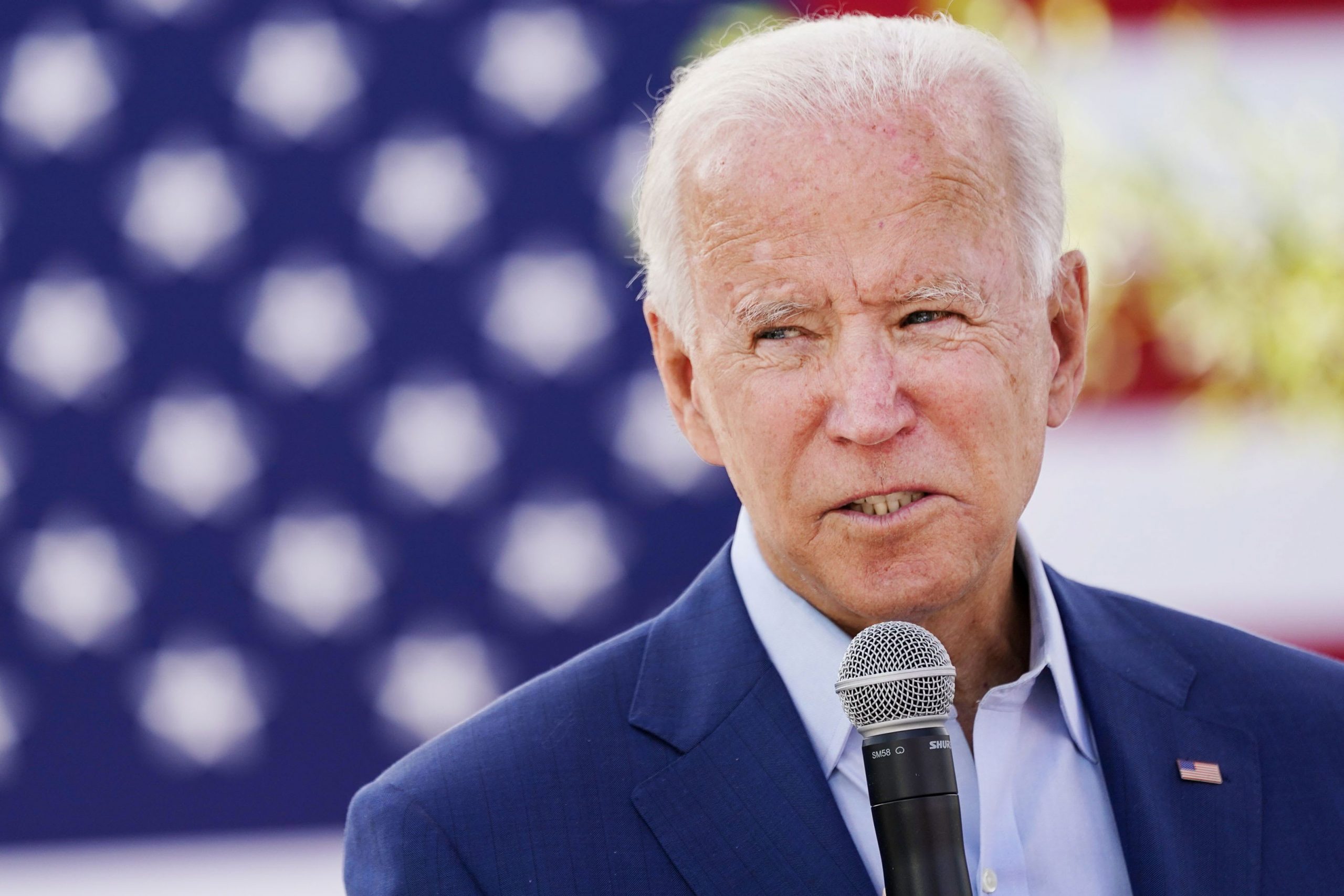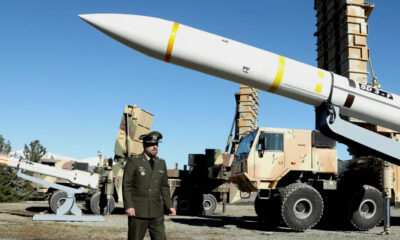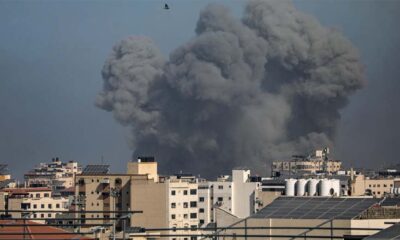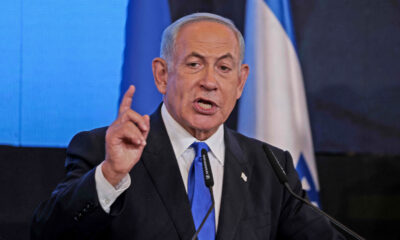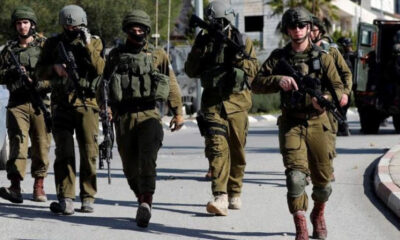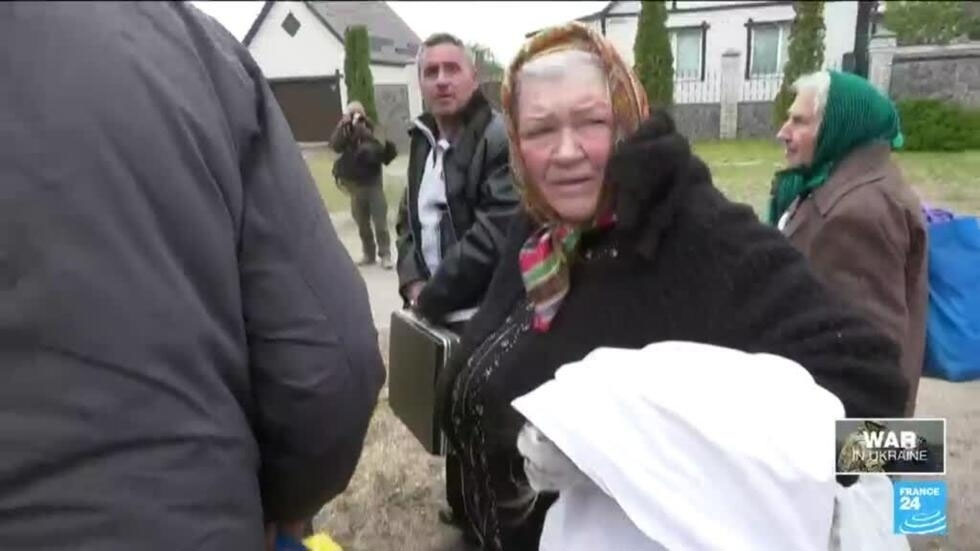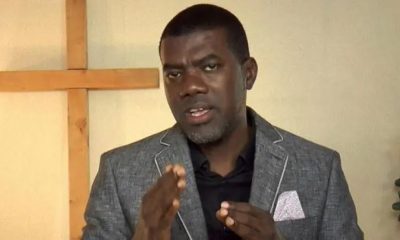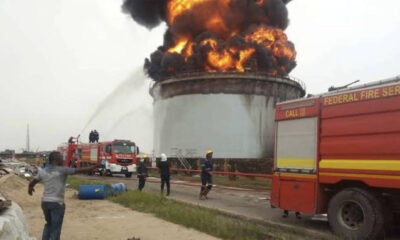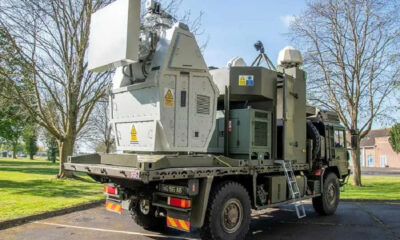Nearly 10,000 evacuated in Ukraine’s Kharkiv region after Russia attack
Nearly 10,000 people have been forced to leave their homes in Ukraine’s northeastern Kharkiv region since a ground attack launched by Russian forces on May 10, its governor said Saturday.
The assault may only be the first wave of a wider offensive, Ukrainian President Volodymyr Zelensky told AFP.
Over a week after its launch, “a total of 9,907 people have been evacuated,” governor Oleg Synegubov said.
They were fleeing Russian soldiers who managed to advance between five to 10 kilometres (three to six miles) along the northeastern border before being stopped by Ukrainian forces.
Synegubov said Ukraine’s armed forces had repelled two attempts to break through defences overnight.
READ ALSO:
The situation was “under control” with “defenders in certain areas conducting assault… and combing operations.”
Moscow has been attacking several settlements including Vovchansk, just five kilometres from the border.
“In the area of the city of Vovchansk, Ukrainian troops are reinforcing their defence,” Synegubov said.
There are about 100 people left in the city where “heavy fighting” is taking place, he added later.
Russian forces have taken 278 square kilometres (107 square miles) between May 9 and 15, their biggest gains since the end of 2022, AFP calculated using data from the Institute for the Study of War (ISW).
Russia’s offensive “could consist in several waves. There was the first wave” in the Kharkiv region, Zelensky told AFP journalists.
Zelensky played down Russia’s gains in the offensive but added: “We have to be sober and understand that they are going deeper into our territory. Not vice versa. And that’s still their advantage.”
Speaking about the offensive during a visit to China on Friday, President Vladimir Putin said it was a response to Ukraine shelling Russian border regions.
Nearly 10,000 evacuated in Ukraine’s Kharkiv region after Russia attack

